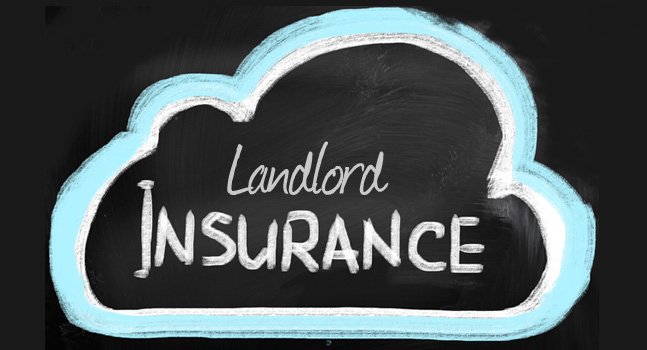Whenever you buy a property as an investment, renting it out can be a gamble. The risk of letting your home to a bad tenant is significant, even if you carry out proper background checks, because you never know when that person might bail on the rent or cause damage to the property, even if they've never done so in the past.

If something does go wrong, it's you the landlord who has to foot the bill.
So could landlord insurance be the answer for investors looking for more protection in their property investments?
James J. Whittle, assistant general counsel and chief claims counsel for the American Insurance Association, told realtor.com that landlord insurance is a "vital add-on" for any investor planning to rent out their properties.
The type of coverage provided by landlord insurance varies from company to company and location to location, but generally it protects investors from "covered perils". These include storm damage, natural disasters, and vandalism. The landlord may also be offered some kind of coverage in case someone is injured at the property and tries to sue the landlord as a result.
Some policies also offer income coverage protection. So, if the property becomes uninhabitable due to fire or flood damage, the insurer will pay the landlord a fair market value for the rent while repairs are being carried out. Some policies also offer rent default coverage, covering landlords in case their tenants don't pay for whatever reason.
Regular homeowner insurance policies usually don't cover renting property, particularly if it's being rented on an ongoing basis. “Your home insurer has chosen to insure you, but they don’t know anything about that third party,” says Whittle.
Landlord insurance will cost about 25 percent more than it would for homeowner insurance for a basic policy. Rates vary drastically depending on location and coverage limits. But landlord insurance can be deducted on a tax return as a business expense.